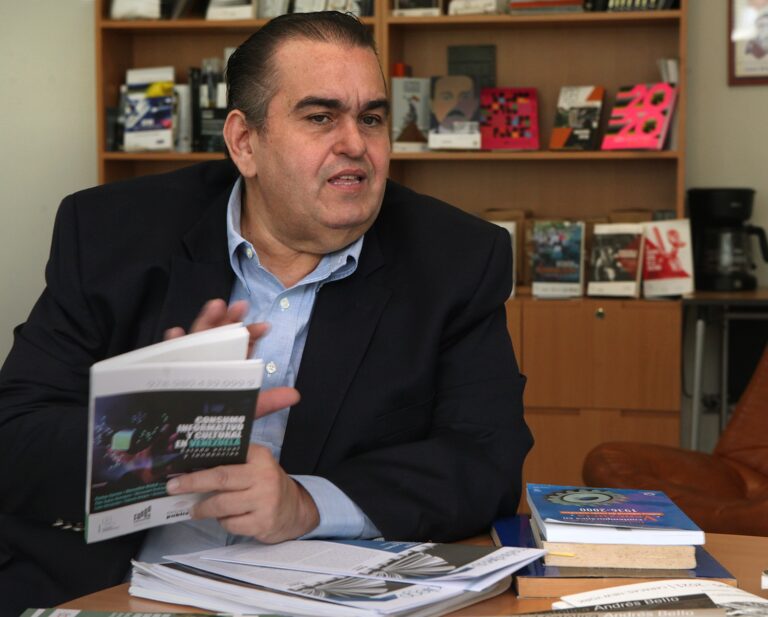The Supreme Court rejected a motion filed by Globovisión, appealing against administrative proceedings filed by the National Telecommunications Commission (CONATEL).
(IPYS/IFEX) – On 4 June 2009, the Political-Administrative Bench of the Supreme Court (Tribunal Supremo de Justicia, TSJ) rejected a motion filed by Globovisión. The television station had appealed against administrative proceedings filed by the National Telecommunications Commission (CONATEL). The station is facing a fine of 30 thousand tax units (US$360,750) and the seizure of broadcasting equipment that allowed the station to operate on unauthorized frequencies.
At the end of a trial that lasted five years, the TSJ pronounced its definitive sentence, confirming the seizure of the equipment and the fine.
On 5 December 2003, CONATEL launched the administrative proceedings against Globovisión, citing Articles 166, 173 and 175 of the Telecommunications Organic Law claiming that the station used the broadcast spectrum “clandestinely” with its specialized equipment.
On 11 December 2003, Globovisión’s attorneys presented an appeal at the country’s highest court.
CONATEL’s measure against Globovisión was taken after this body’s officials carried out an inspection of the station on 3 October 2003 during which they notified the station that it was being investigated and authorized the seizure of the broadcasting equipment.
In a separate incident, on 9 June, camera operator José Barrios, of the Venevisión television station, was kicked and his camera was taken from him by a group of unidentified people while he was covering a Central University students’ hunger strike in Caracas.
Venevisión journalist Mariana Puche and camera assistant Juan Carlos Albornoz, and Globovisión reporter Mariana Reyes and camera operator Alejandro Gómez, were insulted during the same protest. Assailants, who presumably were students, threw tear gas canisters at the university’s facilities.
During the commotion, the journalists ran for protection but they were caught by the protestors who kicked Barrios and took his video camera.
The journalists took shelter in Venevisión’s vehicle.
A news team from Venezolana de Televisión, the state-run television station, was also at the university and was able to work without hindrance.


